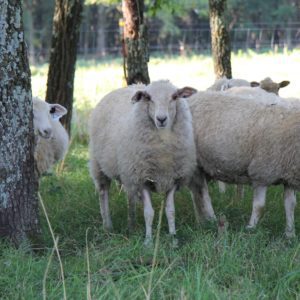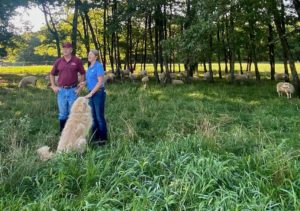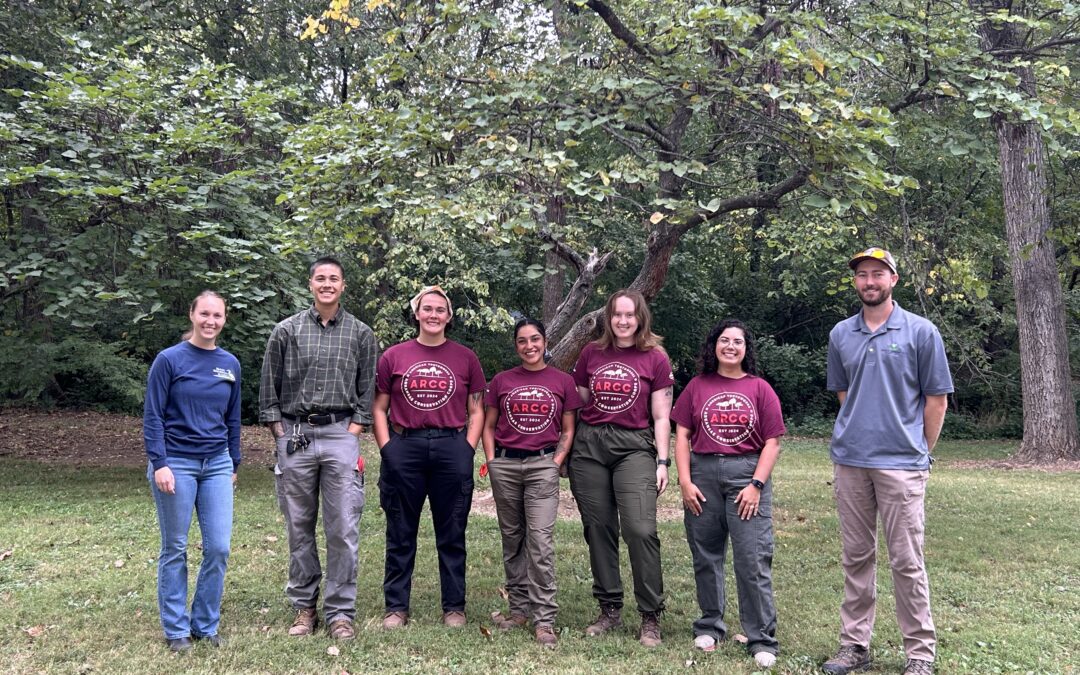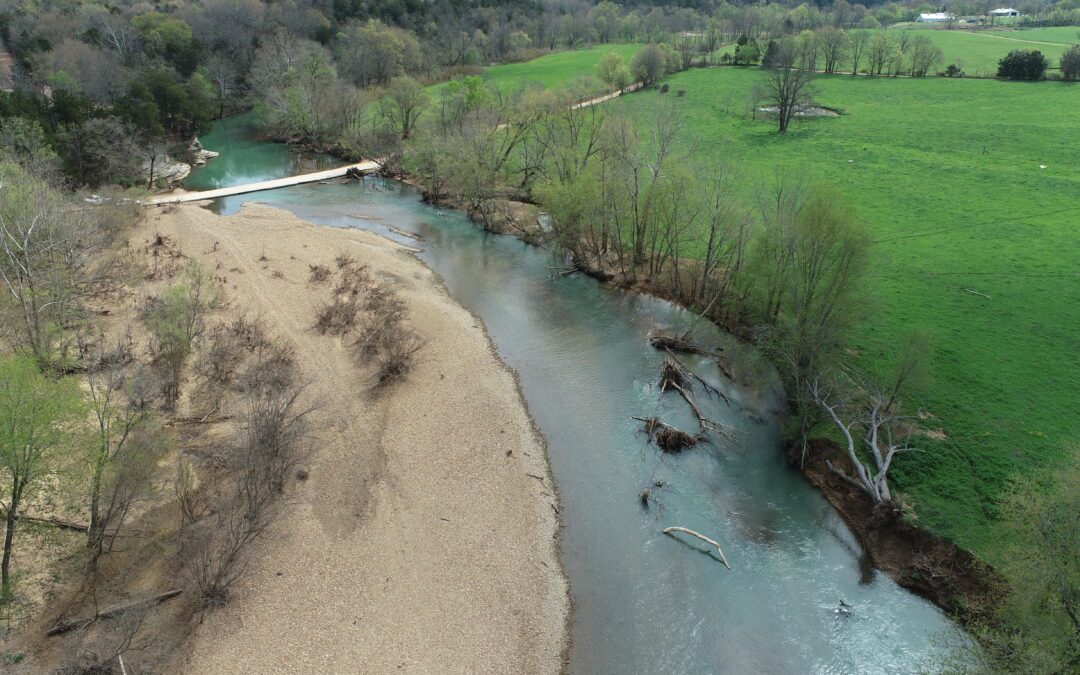“Soil health practices such as cover crops, minimum or no tillage, rotational grazing, and diverse crop rotations provide benefits to farm productivity, wildlife, and the environment. They provide solutions to specific challenges faced by farmers: drought and extreme rainfall events, invasive weed and pest pressure, and poor soil fertility. Despite the clear advantages, most farmers have yet to implement these valuable practices on their agricultural land in the Midwest.”
– Conservation Champions, a National Wildlife Federation Program
Over the past few years, the Alliance has been participating in an exciting program through the National Wildlife Federation called “Conservation Champions” to help spread the word about soil and water health practices. In farming, soil and water go hand in hand and can play a considerable role in management, profitability, animal health, and much more. Keeping the soil covered with healthy vegetation or cover crops can control wind and water erosion, reduce evaporation rates, stabilize soil temperature, reduce compaction, suppress weed growth, and more. Managing soil disturbances by reducing overgrazing allows plants to harvest carbon dioxide and sunlight better. Reducing chemical disturbances allows for the soil food web to thrive. Reducing harmful soil disturbances like tillage and over-compaction can rebuild soil aggregates and organic matter. (Source: Soilforwater.org) The list of benefits goes on and on!
Local farmers Linda and Ken Coffey are great examples of how these practices can improve farming operations of any scale. Linda and Ken have owned and operated a 50-acre farm, Maple Gorge Farm, in Northwest Arkansas since 1996 and currently graze 25 of those acres with a beautiful herd of Gulf Coast Native Sheep. Gulf Coast Native Sheep don’t have wool on their faces, legs, and stomachs, making them an excellent option for the heat and humidity of Arkansas. They are also parasite resistant, which makes them an easy choice for Maple Gorge Farm.

Another easy choice that came to Linda and Ken was the integration of soil and water health practices on their farm. On their 25 grazable acres, 22 paddocks for rotational grazing have been installed. By rotating their sheep through these smaller paddocks, the nutrients from their waste are evenly distributed in areas that need them the most. In the past, they had fed and watered in one central location, resulting in soil compaction, an excess of nutrients in one spot, and a lack of nutrients (resulting in less grass growth) on their grazable land area. An easy change of installing pipes for water and, in the winter, feeding hay in the pastures resulted in better soil structure, better grass growth, and a cleaner environment for their Gulf Coast Native Sheep.
Not having to move the sheep back and forth for feeding and watering has saved Linda and Ken time, and in the case of farming, time saved is money saved. The rich, nutrient-dense soil resulting from their rotational grazing has resulted in healthier and better-growing grass, cutting down on winter hay feeding costs. The cleaner environment from eliminating a dry lot feeding area has saved them money by keeping their sheep healthier.
Soil and water health practices have endless benefits. As seen in the case of Maple Gorge Farm, these practices not only save producers time and money but also keep surrounding water resources clean and soil profiles rich and healthy. In the Beaver Lake watershed of Northwest Arkansas, clean water is vital as our community grows and continues to add importance to Beaver Lake, the drinking water source for 1 in 6 Arkansans.
The Beaver Watershed Alliance can help landowners, farmers, and producers of any scale learn how to better manage soil and water to protect our vital natural resources. To learn more about the Alliance and/or Maple Gorge Farm, visit the Alliance YouTube channel (@BeaverWatershed) to see a
video featuring this beautiful farm. For questions, email
info@beaverwatershedalliance.org








